Get Started for FREE
Sign up with Facebook Sign up with X
I don't have a Facebook or a X account
 Your new post is loading... Your new post is loading...
 Your new post is loading... Your new post is loading...

Pierre Clause's curator insight,
January 5, 2014 5:07 AM
Adding value can be as small as : what touched me in this article ? what resonates for me ? any sensible way to express your P.O.V. actually ! 
SyReach's curator insight,
July 7, 2014 4:53 AM
SyReach Notes now offers a full coverage of personal KM needs: Seek with integrated watch module and search engines, Sense with note and article edition, linking and knowledge building. Share by email or publish to Scoop.it selected resources linked to your articles!

Alfredo Corell's curator insight,
June 7, 2013 6:44 PM
An expert always provides feedback on the next steps....
A facilitator... facilitates the student to learn from peer feedback and self reflection 
Begoña Iturgaitz's curator insight,
June 13, 2013 11:44 AM
focus on chart. The other ideas are the ones we've been dealing with for...ten years? Nire iritziz taula da interesgarriena. Gainerako ideiek +10 urte? dauzkate.
Sample Student's curator insight,
May 5, 2015 10:14 PM
We often ask our students to create annotated bibliographies, and this focuses on their capacity to evaluate and make decisions about the validity, reliability and relevance of sources they have found. using Scoop.it, we can ask them to do much the same thing, but they will publish their ideas for an audience, and will also be able to provide and use peer feedback to enhance and tighten up their thinking. This is relevant to any curriculum area. Of course it is dependent on schools being able to access any social media, but rather than thinking about what is impossible, perhaps we could start thinking about what is possible and lobbying for change.
Sample Student's curator insight,
May 5, 2015 10:18 PM
We often ask our students to create annotated bibliographies, and this focuses on their capacity to evaluate and make decisions about the validity, reliability and relevance of sources they have found. Using Scoop.it, we can ask them to do much the same thing. But they will publish their ideas for an audience, and will also be able to provide and use peer feedback to enhance and tighten up their thinking. This is relevant to any age, and any curriculum area. Of course it is dependent on schools being able to access social media. But rather than thinking about what is impossible, perhaps we should start thinking about what is possible, and lobbying for change. Could you use a Scoop.it collection as an assessment task?
Sample Student's curator insight,
May 5, 2015 10:14 PM
We often ask our students to create annotated bibliographies, and this focuses on their capacity to evaluate and make decisions about the validity, reliability and relevance of sources they have found. using Scoop.it, we can ask them to do much the same thing, but they will publish their ideas for an audience, and will also be able to provide and use peer feedback to enhance and tighten up their thinking. This is relevant to any curriculum area. Of course it is dependent on schools being able to access any social media, but rather than thinking about what is impossible, perhaps we could start thinking about what is possible and lobbying for change.
Sample Student's curator insight,
May 5, 2015 10:18 PM
We often ask our students to create annotated bibliographies, and this focuses on their capacity to evaluate and make decisions about the validity, reliability and relevance of sources they have found. Using Scoop.it, we can ask them to do much the same thing. But they will publish their ideas for an audience, and will also be able to provide and use peer feedback to enhance and tighten up their thinking. This is relevant to any age, and any curriculum area. Of course it is dependent on schools being able to access social media. But rather than thinking about what is impossible, perhaps we should start thinking about what is possible, and lobbying for change. Could you use a Scoop.it collection as an assessment task?

Beth Kanter's comment,
July 8, 2012 1:22 PM
I especially like how she used the Bloom's Taxonomy and related that to curation.
|

Alfredo Corell's curator insight,
January 23, 2014 3:25 PM
A very useful guide from one of the Pioneers in Content Curation 
Anne-Laure Conté's curator insight,
December 14, 2015 3:04 AM
What about a test on this matter at the baccalaureat ?

Carlos Bisbal's curator insight,
November 16, 2013 10:11 AM
Buena herramienta para recopilar y organizar todo el material que puedes necesitar para tus proyectos e intereses. A diferencia de otras herramientas similares, esta ofrece un completo editor de textos y un editor de contenido para enriquecer, complementar y hacer anotaciones con material original. También deja abierto el camino de su uso para el aprendizaje y los fines educativos . 
Anne Méner's curator insight,
November 17, 2013 5:34 AM
Paraît simple à utiliser pour un premier travail de collecte d'information. 
Georges Millet's curator insight,
November 18, 2013 5:58 AM
If you look for new ways of curating all information you processed, an other alternative to Evernote ...

joanna prieto's curator insight,
May 24, 2013 11:42 AM
Se ve genial la herramienta, la probaré y les cuento! @JoannaPrieto 
reyhan's curator insight,
December 12, 2013 1:14 PM
EdCanvas is a web service which allows you to search, find, clip and collect any kind of content, from text to video clips and to organize it into visual boards for educational and learning purposes.
Differently than Pinterest, EdCanvas is specifically targeted at the education world and at schools and teachers, and it makes possible not just to collect "images" from web pages, but to collect and organize whichever content elements you want, including full web pages.
EdCanvas boards also offer the ability to easily reposition each item in the collection according to your preferences and it provides a number of pre-set layout options for displaying content in your boards.
The strongest feature for EdCanvas is an integrated search engine, which allows you to search for images, websites, video clips across Google, YouTube and Flickr, and lets you grab and drop any relevant result into anyone of your collections. Furthermore Edcanvas can connect directly to your Dropbox or Google Drive giving you access to all of your personal library files. |




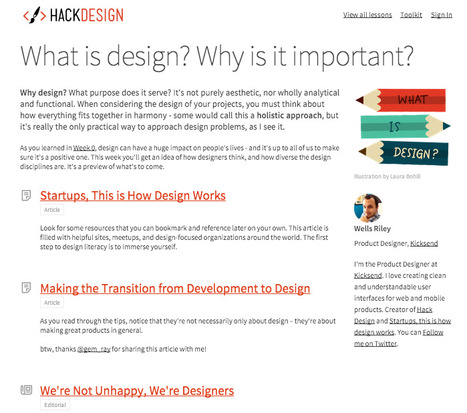


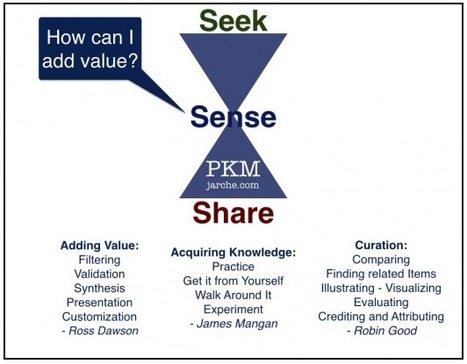
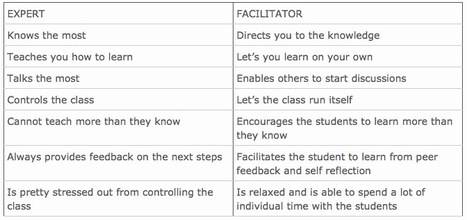

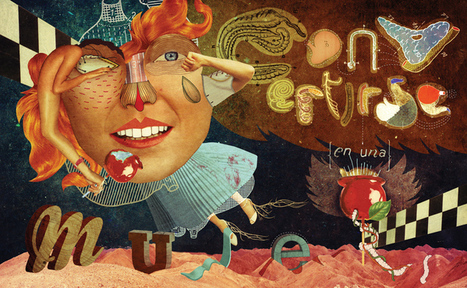

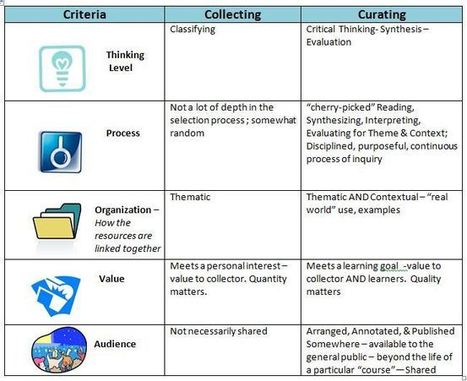


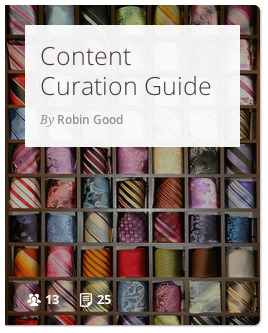


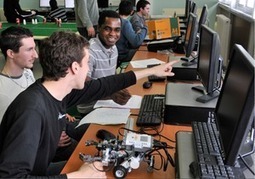
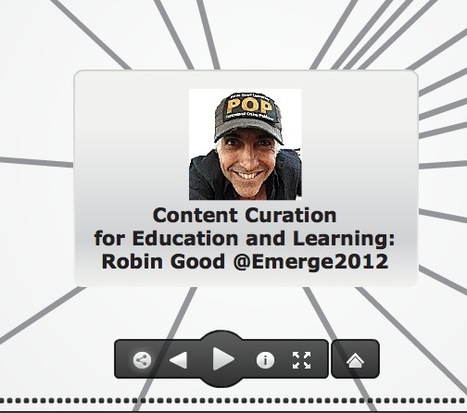






Wow-I'm going to check this out! If you have a blog or web site, or an e-learning class, it can never hurt to learn more about design, especially from experts.
. ЭТО Учебный концентратор материалов О дизайне В Нем ВЫ найдете:
- Статьи
- Уроки
- Инструменты (https://hackdesign.org/toolkit)
- оборудование
- Технологии
от ведущих дизайнеров мира.
Материал доступен для несведующих в дизайне пользователей.
Полезен вебинаристам при создании презентаций и прочих материалов для продвижения вебинаров.
Инструкторы курса: https://hackdesign.org
Учебный концентратор представлен в соцсетях:
Facebook: https://www.facebook.com/hackdesigners/info
Twitter: https://twitter.com/hackdesign
Посмотрите прямо сейчас: https://hackdesign.org /
Great for high school learning too! Use with art, digital storytelling, web design classes.